How an Otbor Toy is created
journey of the process
Our greatest source of inspiration is the children around us.
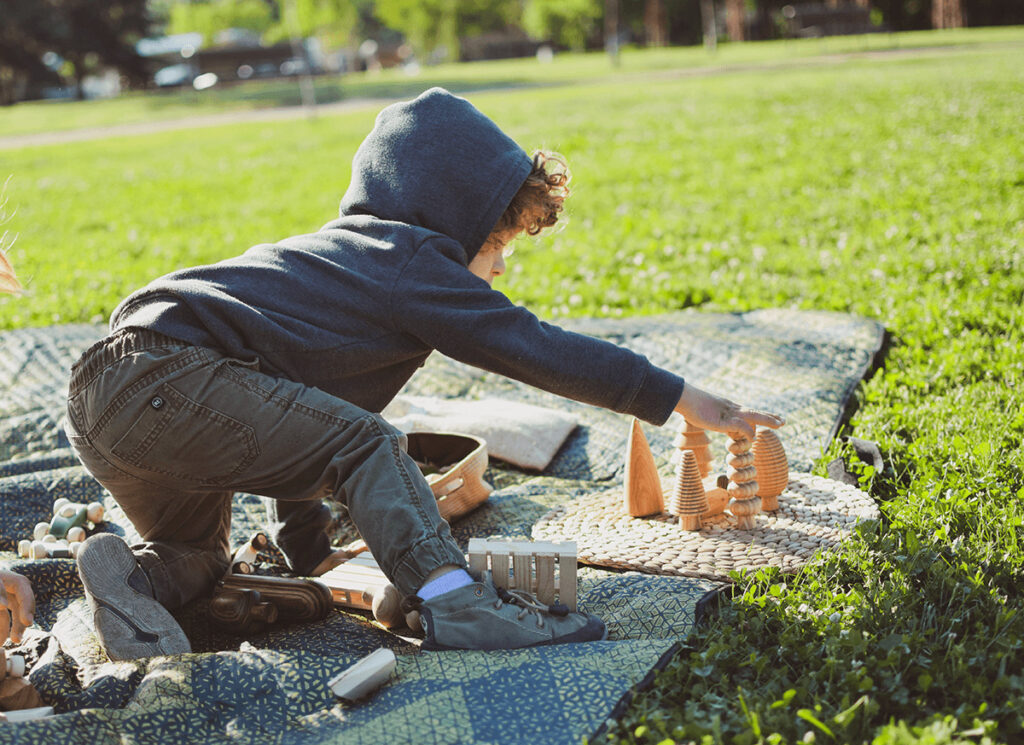
We watch our own children play, and we spend time with the children in our kindergarten cooperative. We learn from how they play, we notice what drives their imaginations, and we spot the things they need to nurture creativity.
This is my favorite part of the design process because there is so much to learn from their personalities and how they approach open-ended play.
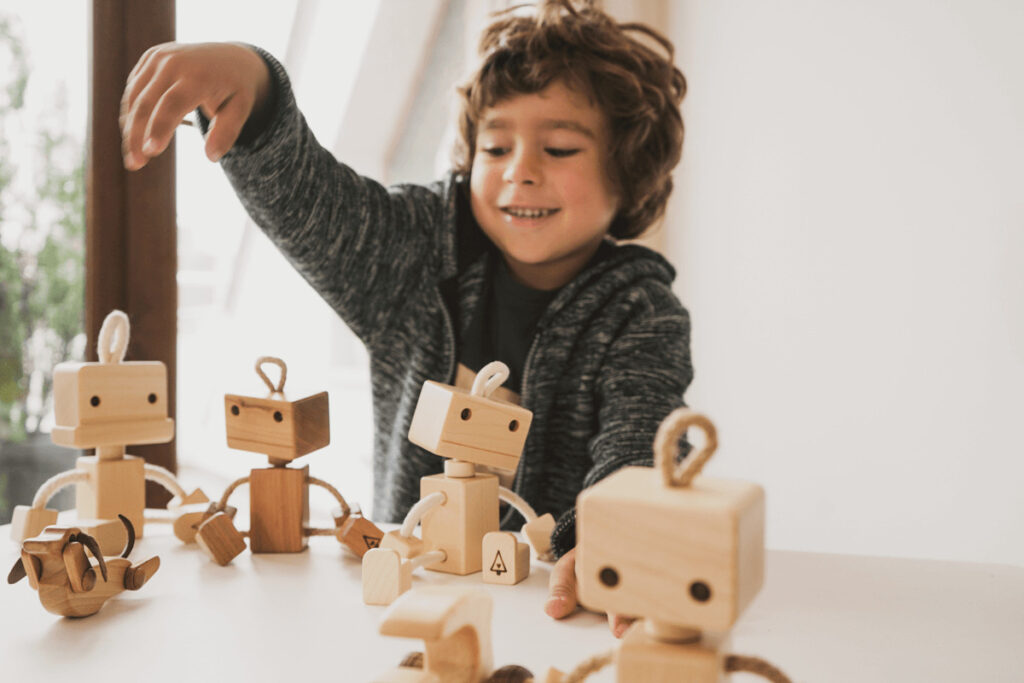
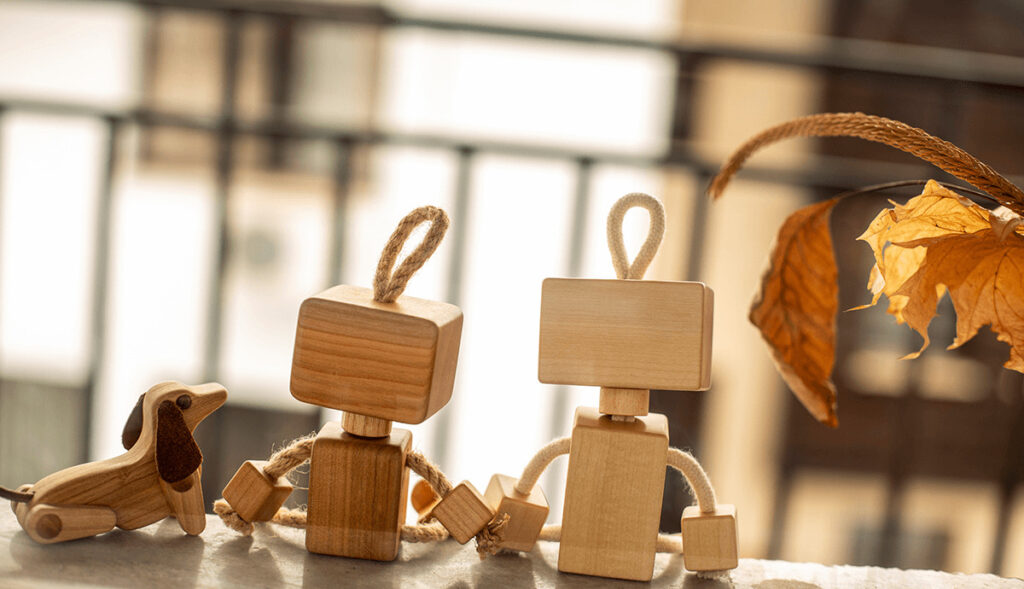
For example, the first time we gave our prototype robots to real children, we noticed that they naturally started playing “families” with them. So, we created robot siblings. Now, their games include big brother teaching little sister key skills.
We began to develop car toys as we watched the children get excited about races. We saw how important it was that our own wooden cars were as fast and mobile as metal and plastic brands. You won’t be left at the starting line with an Otbor car!
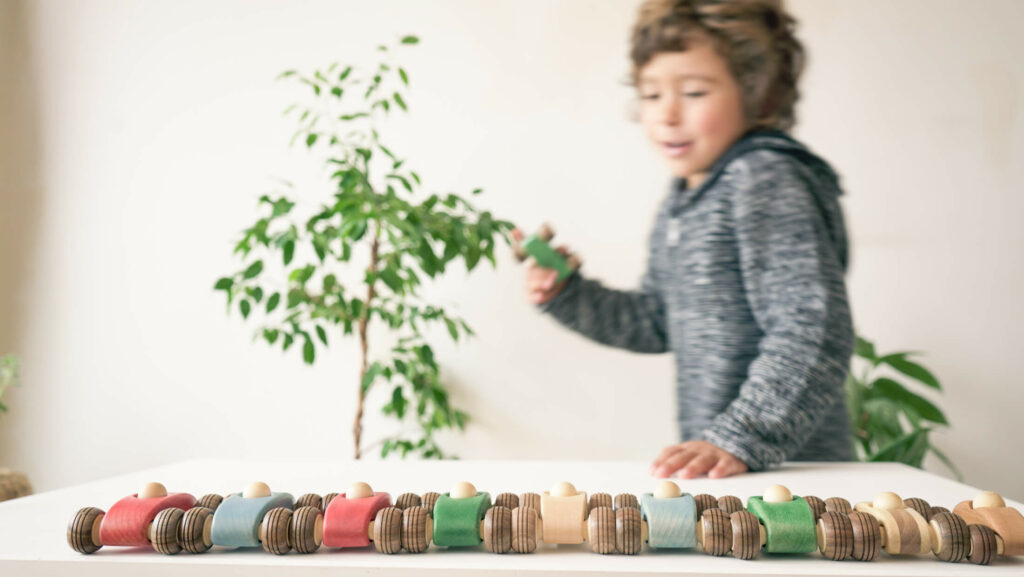
This part of the process is the longest – but it’s the most fun!
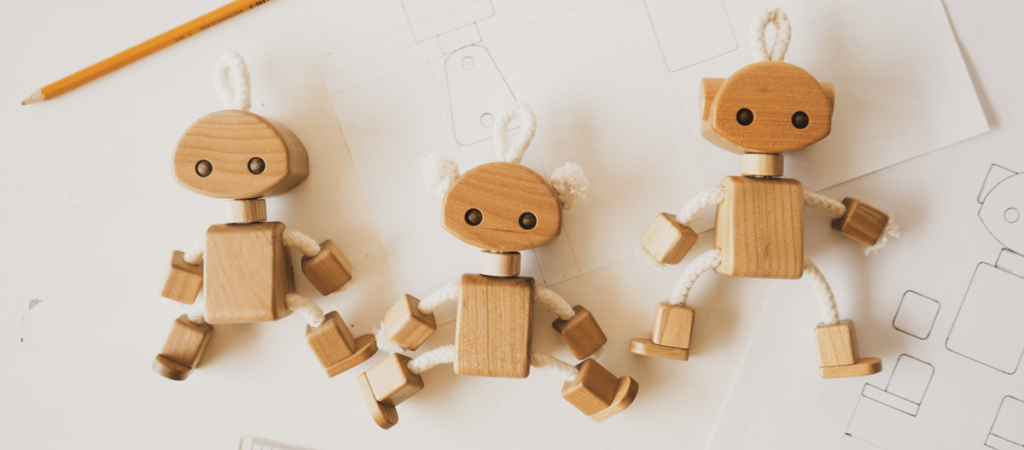
Once we’ve watched our children in open-ended play and brainstormed our ideas, we make a load of sketches. We imagine what our new toys would look like, talk about the best way to make them, we think about size, and materials. We take time to think about the best wood to use – wood that will suit the identity of each toy.
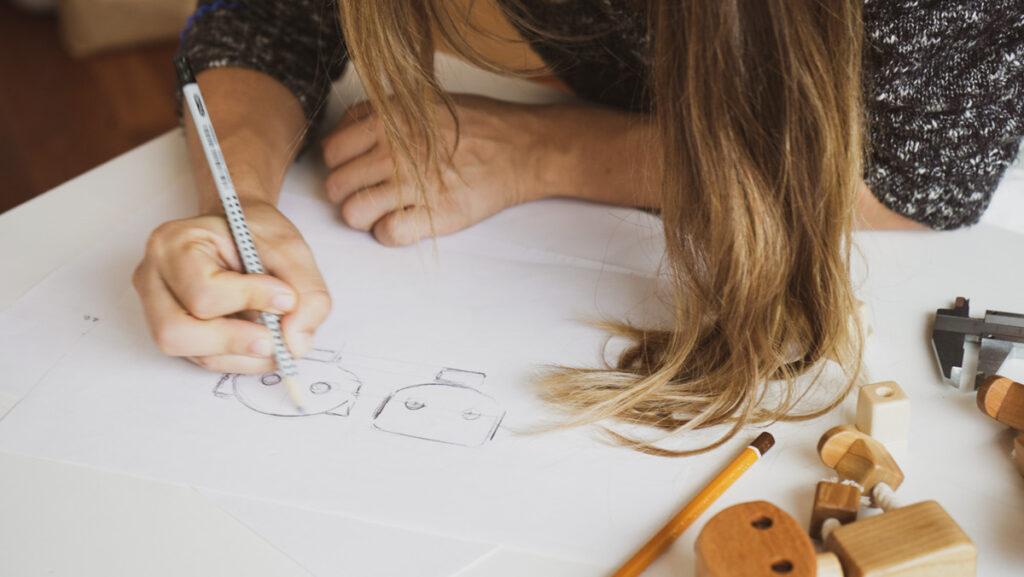
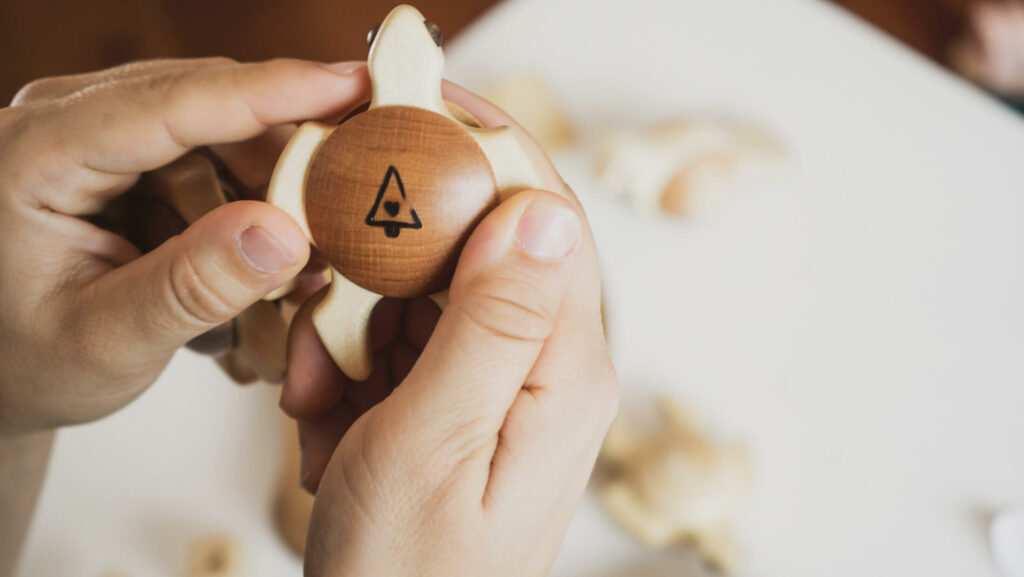
From hundreds of ideas and designs, only the best are turned into wooden prototypes.
We use our prototypes to see, test, and feel. It’s important to us that everything fits perfectly.
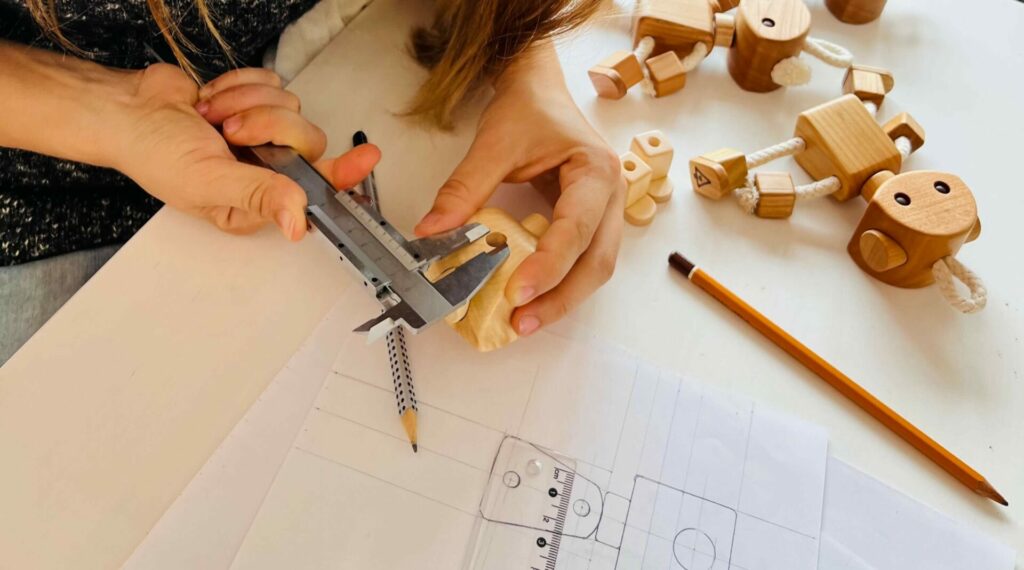
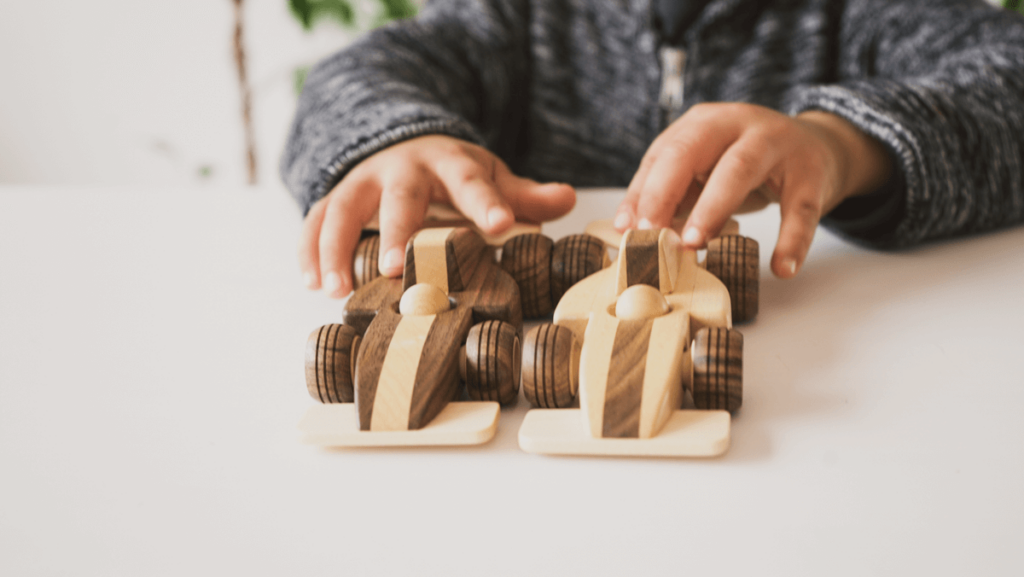
Sometimes we’ll make changes on the go. We might change a material, the dimensions, or the diameter of the wheels.
Our kids are the first testers. They always get so excited about trying out a new Otbot Toy. And, once the testing process is over, they’ll usually choose to keep the new companions for their own collection.
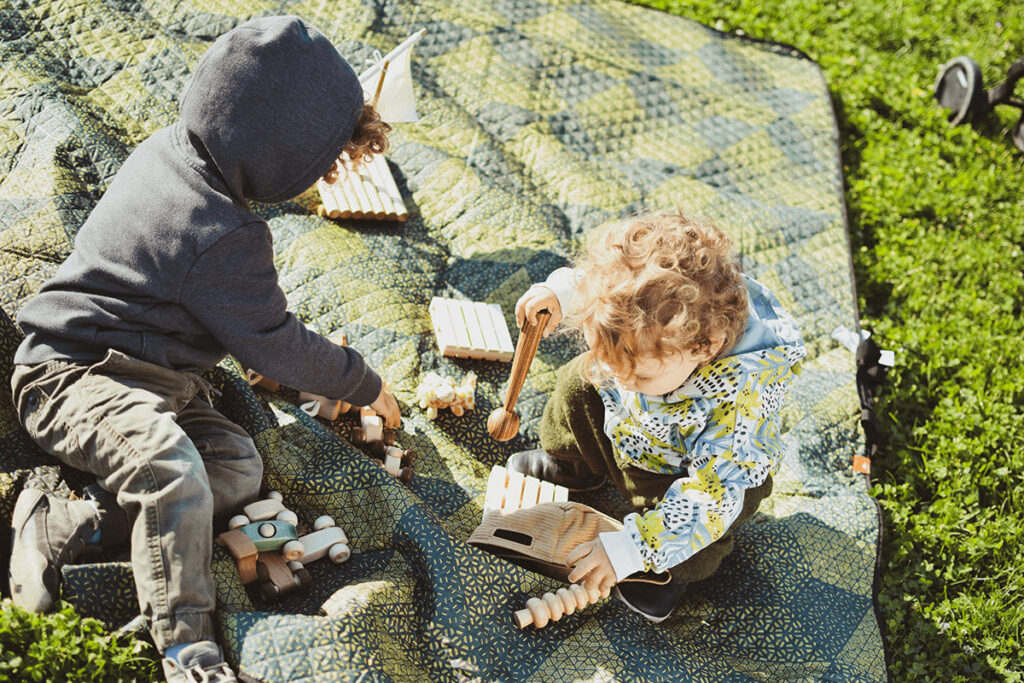
This is the messy and hardworking part, yet most satisfying.
Now that we have a perfect prototype, loved by us and our children, we move on to handmaking the first batch of limited edition Otbor toys.
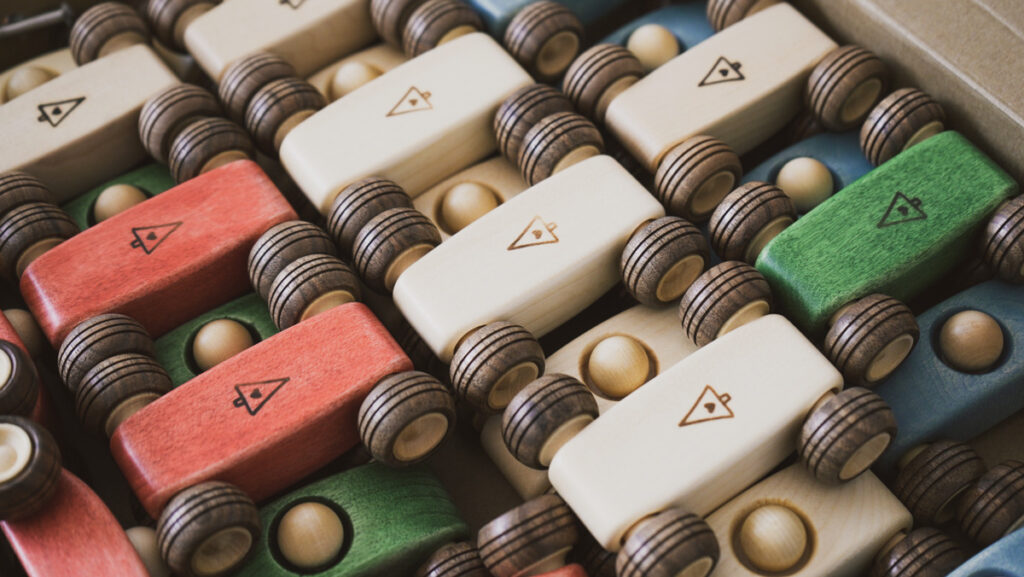
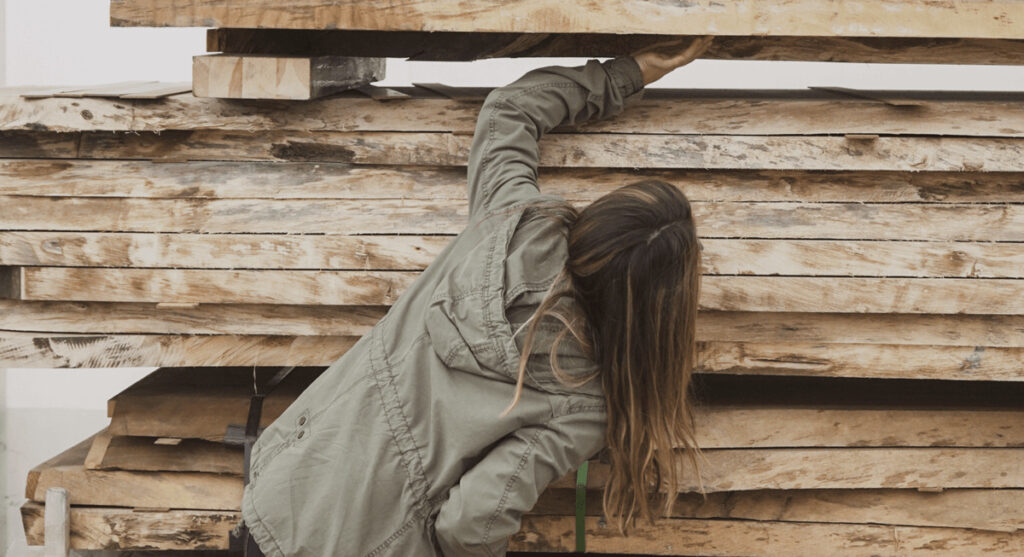
Our first visit is to the local wood supplier to personally select the wood we’ll use.
From the raw wooden trunk, we make all the individual pieces that make up the toy. And then we sand each piece by hand to create the silky smoothness and intentional shape you expect from an Otbor Toy.
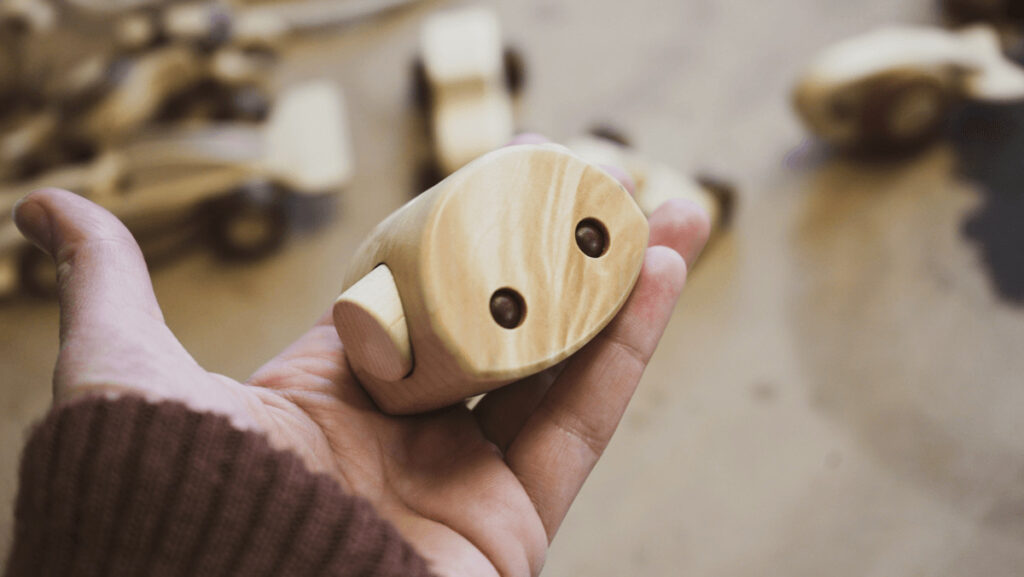
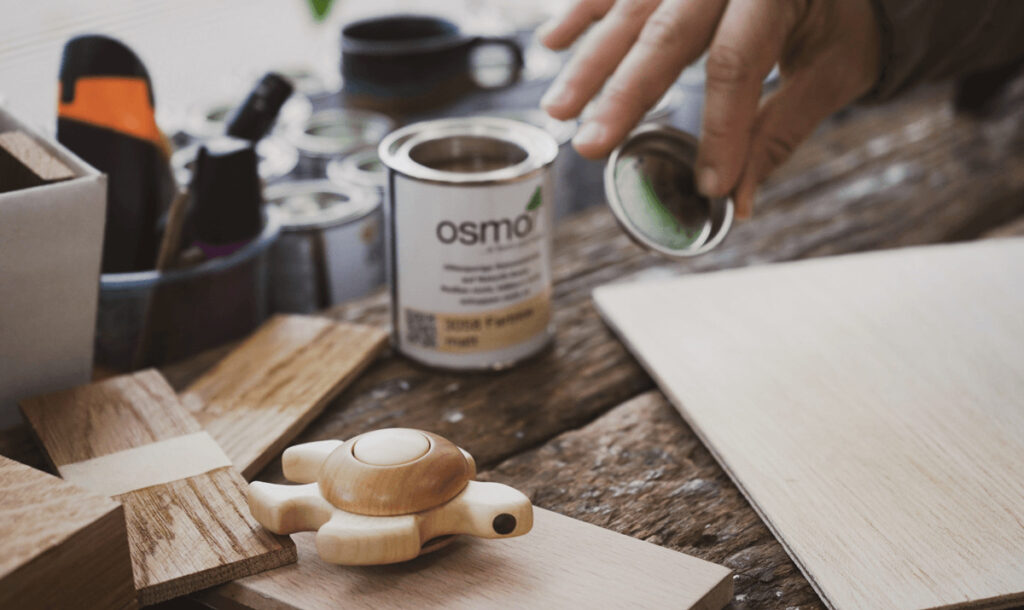
Before we put the toy together, we apply the finish that will protect the toy and enhance its feel and [look]. We only use natural, food-grade oils. Your toy is protected, and still safe for even the littlest of hands (and mouths!).
We chose Osmo finish oils for toys, as they are a worldwide leader in wood protection and care.
Now, it’s assembly time! Each toy is carefully put together by hand, so it’s absolutely flawless. Ready to be your child’s favorite companion!
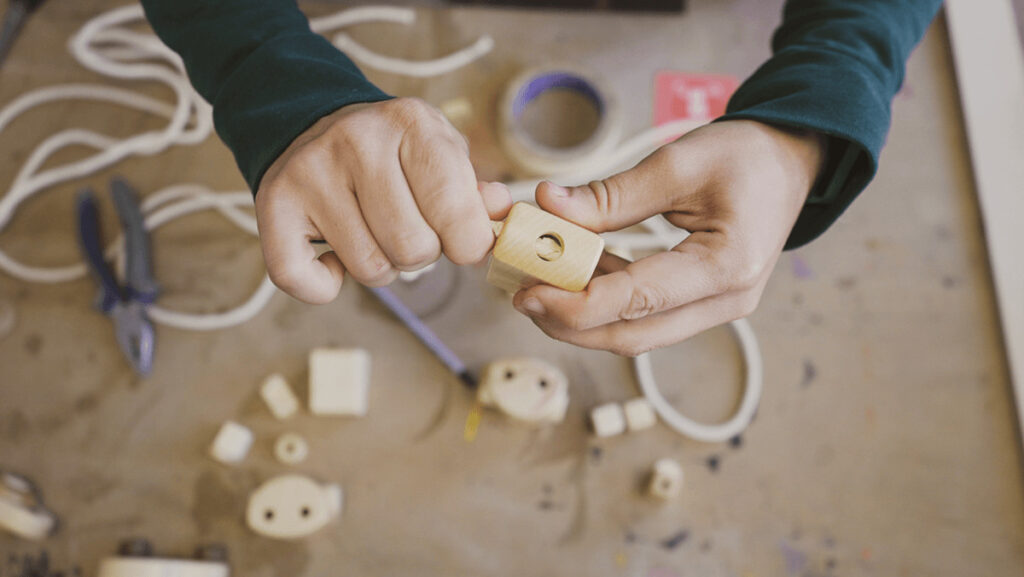
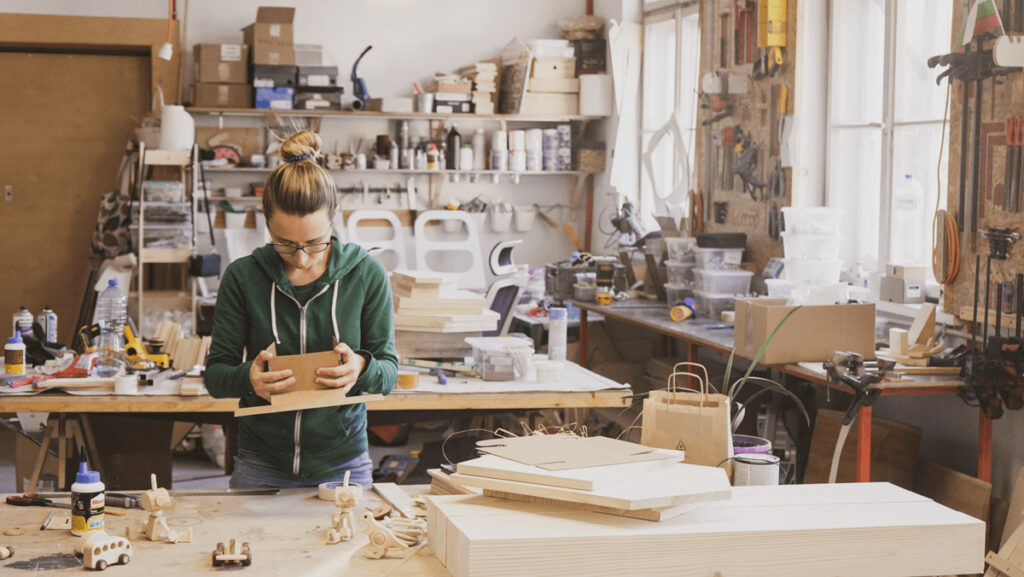
We love our planet, and we want each element of our manufacturing process to reflect this. So, when we package up your chosen toy, we use all-natural packaging and protective fillings. They’re compostable and biodegradable, to reduce your waste and ours.